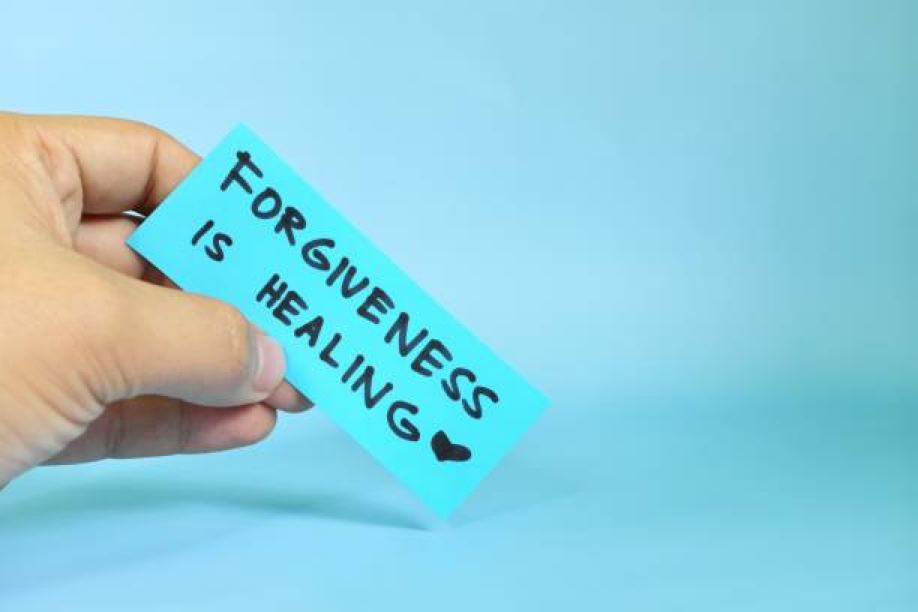Dr. Tom Spudic
“What me worry?”
-Alfred E. Newman
“I’ve been married now for 25 years. You know what that is? That’s 10 good years!”–Dave Ramsey
Happy marriage is like building a beautiful building – – together. 50 years ago I embarked on that “building project”. Thanks be to God the “building” is still standing and thriving. But 50 years ago, I had little idea about how to create a beautiful building. I had no idea how difficult, challenging and painful at times it would be. Call me “clueless”. I had fallen in love with my wife and thought that was all there was to happiness. It is a common theme in our society. We often mistake the part for the whole, by believing that romantic love is the only kind of love that really counts.
I eventually realized that romantic love, glorious as it is (believe me I’m a big fan!), is not and cannot be constant. At times, life, including married life, is not pleasant. If I’m going to stay happily married I need to develop the other forms of love that go beyond romantic love: friendship, love of family, and sacrificial love.
Let me use a sports analogy. If you have ever trained for sport, you know that there are certain times in that activity that are just plain miserable. Wind sprints, sore muscles, sweating in the hot sun, chronic injuries—none of these are a cause for rejoicing. The less we have practiced and the more “out of shape”, the tougher it is to keep working. Still, we continue because there’s something wonderful on the horizon. If sports are wonderful, happy marriage can be 10 times greater. But like success in anything else, a happy (or “happier”) marriage requires some sacrifice and suffering. We understand that when it comes to sports, school, business, etc. For some reason, it is never assumed when it comes to marriage. If we are going to succeed in a sport, we must first train for it. How many of us have even thought about training for marriage? Huh? You mean prepare to be a good (or at least better) spouse? Me? Are you serious?
After many years of marriage counseling and 50 years of my own marriage, I am convinced that a happy marriage is highly unlikely until I get serious about changing/improving ME! I emphasized that in the last newsletter. No matter how challenging or difficult my spouse may be, until I get serious about being a more loving spouse, I am unlikely to make much progress at all. To be sure, if a spouse is addicted to alcohol, is abusive, is mentally ill, etc. the other spouse is not to blame. I am not suggesting that we should take up responsibility for our spouse’s real character flaws. On the contrary, sometimes we need to speak up more assertively and in some cases a spouse may need to leave the situation.
However, I am also convinced that virtually all of us need to get much better at listening to our spouses, affirming their goodness, recognizing their efforts and loving our spouse unconditionally, the way that God loves us. How good are you that? Speaking for myself, I still have plenty of work to do.
As with most couples, there have been tumultuous and difficult times in my marriage. I’m generally a pretty good husband, but I have blind spots. Early in our marriage, I was prone to hurt my wife with particular words that brought up, for her, old wounds. Not having lived her life, I couldn’t imagine why she was reacting so strongly and angrily. From my perspective, I was convinced that she “had a problem”, not I. However, on one occasion it got through to me just how miserable and painful my words could be. I want to emphasize that I was not being purposefully mean. However, I was looking at the situation entirely through my eyes and was clueless about how much pain that was causing to this woman that I, supposedly, loved. Such marital conflict, spurred on by a failure to truly listen and see the world through one spouse’s eyes, is common.
So, at that time I decided that no matter how unfairly I thought I was being treated, I was going to focus exclusively on being a better husband, at least in those areas where I had direct control. I eventually looked at the guy in the mirror and said: “You know, Tom, sometimes you can be a real jerk! Forget about her. You have some work to do!” And I worked to be a better husband. I know my wife was not then and is not now perfect. She would be the first to tell you that. That doesn’t matter. As a Christian husband, I am called to love her the way that she deserves to be loved. Sometimes sincere attempts to be a more understanding, affirming spouse, causes the other person to change. However, my devotion to change cannot be depend on her doing it first! I need to change simply because I promised to love her the way that she deserves to be loved, no matter what. It doesn’t matter how wounded, depressed, angry or confused she may be at a given time. I did promise to love her. Besides, I’m not always easy to love!!!
This is not a magic formula. Change in marriage, like any other great adventure, takes time. But if we are to achieve a happier marriage, we have to make a strong commitment to look at ourselves. To be blunt, without that, anything else that we say is “hot air”. Unfortunately, such commitment is rather rare – – at least initially. We are prideful people. Change requires humility. In my own case, it took a while before I realized how much I had to change.
I would suggest that, if you want lasting happiness in marriage, your first commitment must be becoming a better person – – a more empathic, loving, caring, compassionate person. Doing so brings a sense of peace, even in the most difficult of circumstances. It implies that you must become a better Catholic/Christian.
Even the happiest marriage is not pleasant every moment of the day. Yet, I am convinced that contentment, joy and peace are all quite achievable in marriage. It takes a great commitment to self-examination, devotion to hard work, the development of some skills, and an ironclad commitment to love our spouse the way that God loves us. A happy marriage is worth working for. It is the greatest gift I’ve ever received.
Recommendation:
Rate yourself, 1-10, on how well you do at loving your spouse the way she/he deserves to be loved. If you gave yourself a good score (and feel brave), ask your spouse for her own rating of you. If your spouse gives you a good rating, keep it up. If (s)he has a particular recommendation for behavior change (that’s not immoral or illegal), try it out and see how well it works toward your goal of being a better spouse. If you gave yourself a low score, what might you do about it? More strategies to come in future Newsletters.






